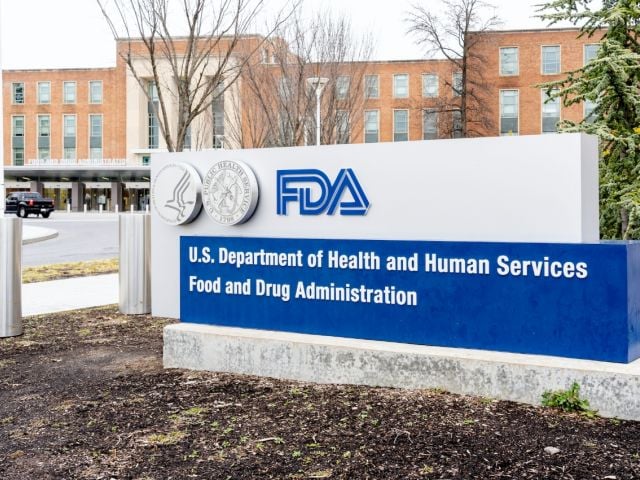WASHINGTON – In response to a congressional inquiry, the Food and Drug Administration (FDA) admitted that it based its determination that current levels of BPA exposure pose no health risks on two studies sponsored by the American Plastics Council (APC), the trade group that represents BPA manufacturers. One of these studies has been found to be deeply flawed by BPA experts and the other study has not been published nor has its results been made public. FDA chose to ignore data from almost 100 independent, peer-reviewed, and published animal studies that show that this chemical is toxic at very low levels of exposure. Many of these studies were funded by the National Institutes of Health. BPA is chemical component used in a number of different plastic products, including baby bottles and the lining in canned food.
"I'm not sure what's worse -- that FDA ignored almost 100 independent peer-reviewed studies expressing concerns over low-level BPA exposure or that they relied instead on 2 studies financed by the plastics lobby," said Dr. Anila Jacob. ”This shows again how the industry works to influence regulators to water down the health risks posed by BPA.”
An analysis by EWG Senior Scientists, Dr. Anila Jacob, MD, MPH of the FDA’s findings can be found at this link.
###
EWG is a nonprofit research organization based in Washington, DC that uses the power of information to protect human health and the environment.



